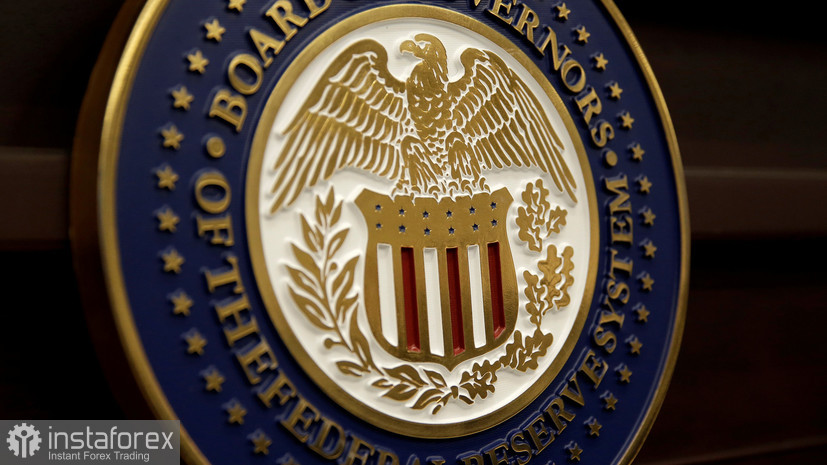Meanwhile, the pressure on the US stock market is returning; Federal Reserve officials are going to their two-day meeting and are ready to present more detailed figures of what they expect to see in the near future from the economy, inflation, and labor market. It is expected that new forecasts will be published tomorrow, which may show a significant increase in interest rates and unemployment since this will be exactly the price that will have to be paid in the fight against high inflation.

The US central bank will release its latest quarterly forecasts on Wednesday after raising interest rates at a policy meeting in Washington. Such a move would raise rates to levels not seen since the 2008 financial crisis. Economists note that the next stage of the policy tightening cycle will be fraught with great risks, which are likely to be reflected in the new forecasts.
Although inflation has decreased slightly since the publication of the latest forecasts, the Federal Reserve has not yet succeeded in combating it. Many experts doubt that the relationship between unemployment and inflation will remain at the same level. "A higher trajectory of interest rates will certainly harm unemployment. In the new Fed forecast, the unemployment rate will likely approach the 4.5% mark," Deutsche Bank AG in New York believes. In June, the average forecast of the unemployment rate made by the Fed envisaged an increase to 4.1% by the end of 2024.
Premarket
Ford shares fell 4.5% in premarket trading after the company warned that quarterly profit would sink by about $1 billion due to increased supplier costs and a shortage of spare parts. These factors contributed to the shortage of finished cars.
The BioNTech and Moderna papers continued to fall this morning, which began yesterday after President Joe Biden's statement that the pandemic was "over." BioNTech shares fell 2.4% in premarket trading, while Moderna shares sank 2.1%.
Cognex shares jumped 4.7% in premarket trading after the company raised its revenue forecast for the third quarter. These changes occurred against the background of faster-than-expected stock recovery.
Nike securities lost 2.2% in the premarket after Barclays downgraded the stock, noting continued volatility for the manufacturer of sports shoes and clothing in China and a decline in demand in North America and other countries.
Shares of Western Digital, a company engaged in the production of hard drives, sank by 1.7% in the premarket after Deutsche Bank downgraded its rating from "buy" to "hold." Deutsche Bank said that the company's profit and revenue are at the lower end of the forecast due to deteriorating demand.
As for the technical picture of the S&P500, after yesterday's sharp upward surge, the markets are returning to their more or less truthful levels. The bulls need to protect the level of $3,872 from building an upward correction in an attempt to find the bottom. Only after that will it be possible to count on a second breakthrough to $3,905. The breakdown of this range will support a new upward momentum, already aimed at the resistance of $3,942 and $3,968. The furthest target will be in the area of $4,038. In the case of a downward movement, a breakdown of $3,872 will quickly push the trading instrument to $3,835 and open up an opportunity to update the support of $3,801. Below this range, you can bet on a larger sell-off of the index to the lows of $3,772 and $3,744, where the pressure may ease a little.
 English
English 
 Русский
Русский Bahasa Indonesia
Bahasa Indonesia Bahasa Malay
Bahasa Malay ไทย
ไทย Español
Español Deutsch
Deutsch Български
Български Français
Français Tiếng Việt
Tiếng Việt 中文
中文 বাংলা
বাংলা हिन्दी
हिन्दी Čeština
Čeština Українська
Українська Română
Română

